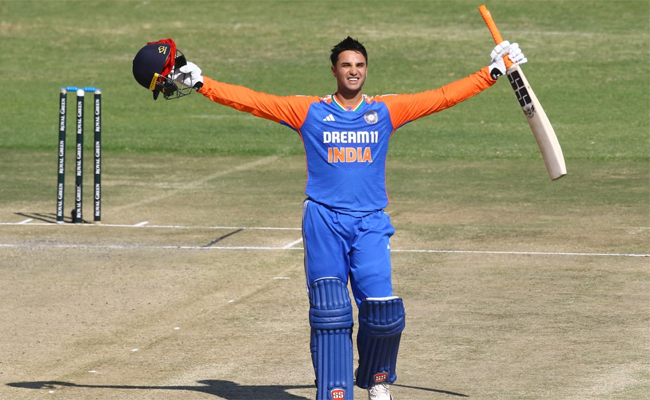Madikeri: Kodagu Deputy Commissioner Venkat Raja has issued orders declaring holiday for schools and Pre-University college on July 26.
As per the order, a holiday has been declared for all Anganawadi centers, Schools and Pre-University colleges on Friday. However, the holiday is not applicable for degree and post-graduation colleges.
Let the Truth be known. If you read VB and like VB, please be a VB Supporter and Help us deliver the Truth to one and all.
Chennai (PTI): Tamil Nadu Chief Minister M K Stalin on Friday said the state government has deposited Rs 5,000 each to 1.31 crore women beneficiaries of the government's women entitlement scheme.
Also, he announced to double the monthly grant to Rs 2,000 if his DMK party was voted to power in the upcoming Assembly election.
ALSO READ: Actor Vijay set to address TVK meet in Salem on Friday
Noting that Rs 5,000 has been directly deposited into the bank accounts of the beneficiaries of Kalaignar Women's Entitlement scheme, he said, "You would have received Rs 5,000 this morning. I have decided to provide the sum in view of an attempt (by vested interests) to freeze the scheme citing upcoming elections."
So, in order to counter the move to prevent the women from receiving the monthly financial assistance due for them, he had decided to provide the sum for three months from February and in addition provide Rs 2,000 to meet their expenses during summer, he said in a video message posted on his social media platform 'X.'
"Further, the monthly entitlement of Rs 1,000 will be increased to Rs 2,000 once the DMK returns to power this year," Stalin said in the message.
"I appeal to the sisters to judiciously utilise the amount for the expenses towards the education needs of your children, buying medicine or other essentials that are required," Stalin, who is the president of the DMK, said, and exuded confidence that his party would return to power.





